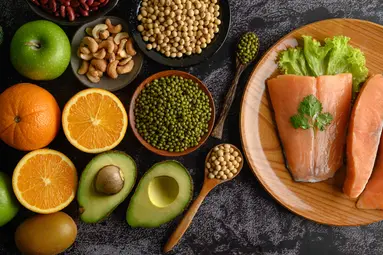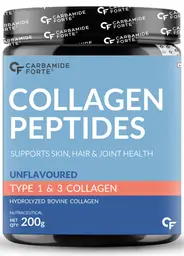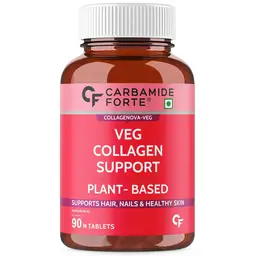12 Best Collagen-Rich Food
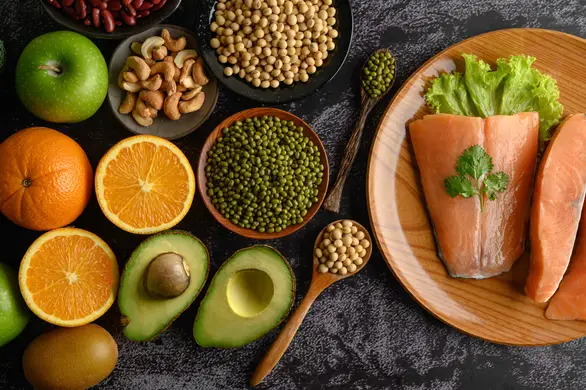
12 Best Collagen-Rich Food
Posted on 12th Apr, 2023
Collagen is a vital protein present in our body that makes up a significant part of our skin, bone, muscles, and tendons. But as we age, collagen production and quantity in our body start depleting, leading to wrinkles, joint pains, and other signs of aging.
Yet, eating collagen-rich food can help boost the collagen levels in the body and promote healthy skin, hair, and nail as well as support joint and bone health. In this article, we will discuss some of the best collagen-rich food you can add to your diet.
What are the sources of collagen-rich food (animal vs plant-based)?
Collagen is the most abundant protein found in the human body, animal flesh like meat, and fish that contains connective tissue. However, there is a variety of animal and plant food sources that contain materials for collagen production in our bodies.
Fish & Shellfish:

Collagen is a fibrous protein and a primary structural protein found in the connective tissues of animal skin and bones. Especially, fish and shellfish are rich in high protein as they contain amino acids that make collagen as well as omega-3 fatty acids. This can be a sign, you would want to add more fish to your plate.
Chicken:

Chicken is rich in glycine, one of the most known amino acids responsible for collagen production especially when cooked with the bones and connective tissues. The commonest recipe for chicken is bone broth, one can easily make the bone broth by slowly simmering the chicken bones in water on the stove for ½-1 day. Including chicken in your diet helps reduce fine lines, and wrinkles, and improve skin elasticity.
Egg Whites:
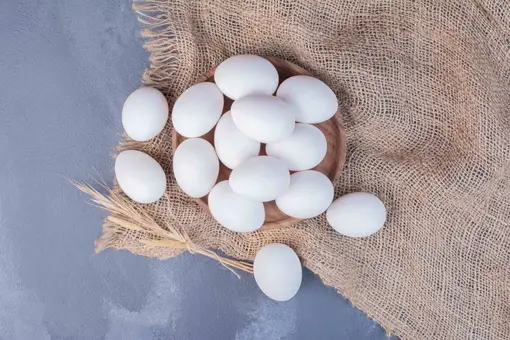
Eggs are also a rich source of collagen, especially proline, and in fact, the eggshell membrane of an egg is filled with amino acids like glycine and hydroxyproline. The egg white protein helps in restoring skin elasticity and is a very good source of skin-tightening collagen.
Citrus fruits:
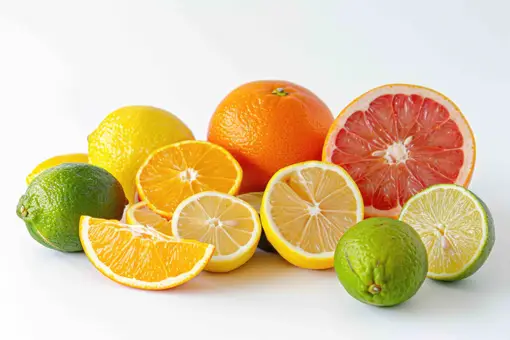
Citrus fruits are rich in Vitamin C, which helps to boost the collagen production process in the body. Hence, it is recommended to increase the intake of lemons, oranges, pineapple, etc.
Garlic:
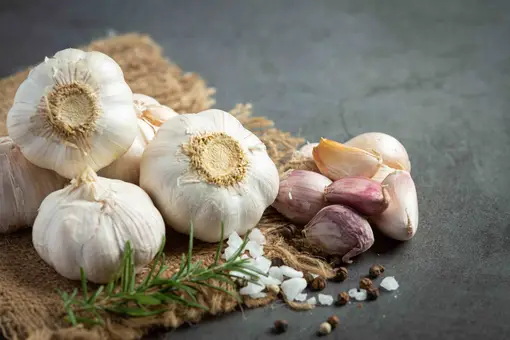
Garlic is a good source of vitamin C, which is essential for collagen synthesis. Garlic also contains sulfur compounds that have been shown to promote skin health and may help prevent collagen breakdown. So if you were waiting for Garlic bread in your meals, now you can definitely have a bite of it.
Leafy greens:
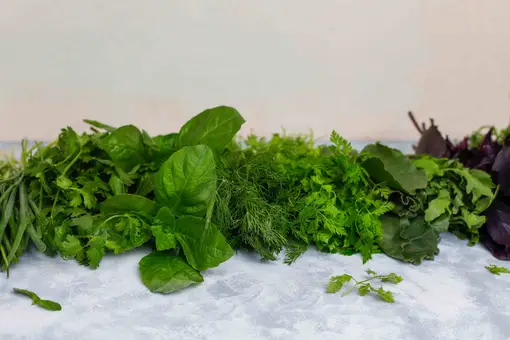
Chlorophyll found in leafy vegetables like kale, and spinach, is rich in antioxidants, vitamins A, C, E, and K. These vitamins help the body in collagen production as well as provide anti-aging benefits.
Pumpkin:
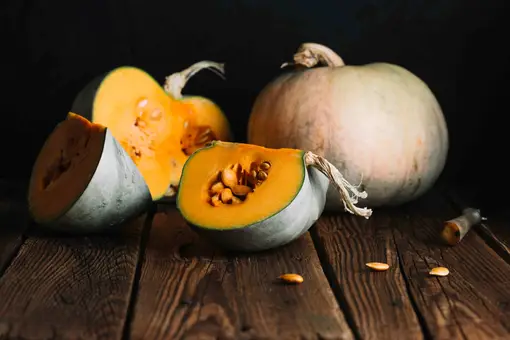
Pumpkin is a good source of vitamins A & C, which are important for skin health and collagen production. Additionally, pumpkin is a good source of zinc, which is required at the time of collagen- synthesis. While pumpkin does not directly contribute to collagen production, including pumpkin in your diet is very beneficial for health.
Tomato:
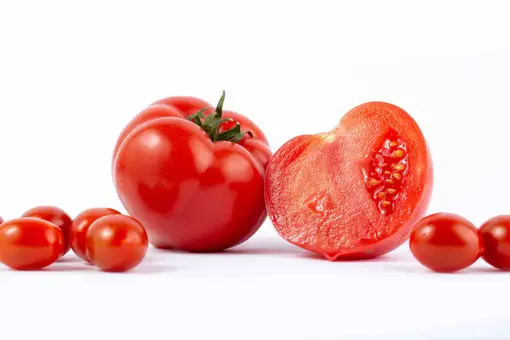
Tomatoes are a good source of Lycopene, an antioxidant that has been shown to
Protect the skin from sun damage. Additionally, they are also rich in Vitamin C, which is effective for collagen production.
Avocado:
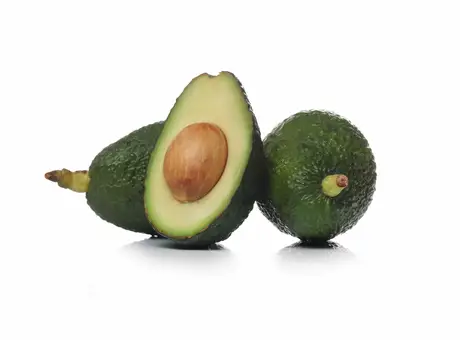
Avocado has vitamin E, which is necessary for skin health. Avocado also has carotenoids and phytosterols that help protect the skin from oxidative damage and inflammation, which can contribute to collagen breakdown.
Berries:
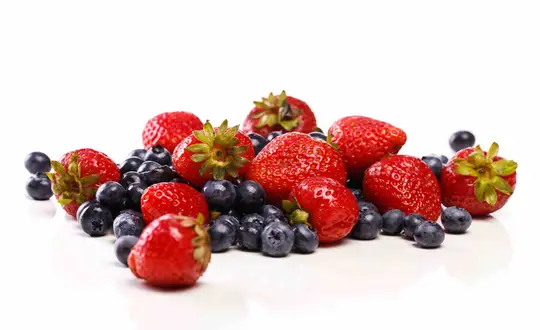
Berries like strawberries, blueberries, and raspberries are rich sources of vitamin C and other antioxidants. If these berries are still not a part of your eating plate, it's time you should plan your diet with them to improve your collagen production.
Broccoli:
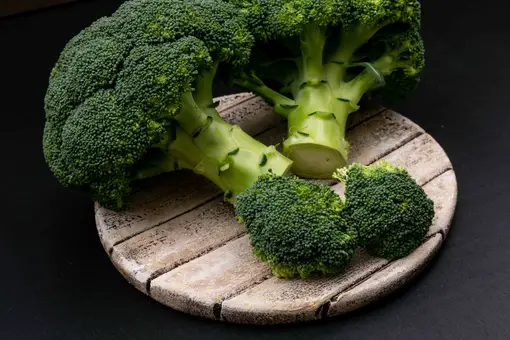
Broccoli is a great source of vitamins A, C, K, and folate which are important for healthy bones. Where Vitamins A and C help in reducing fine lines and wrinkles thereby helping in reducing signs of aging. The best way to consume broccoli is steaming Broccoli to retain its nutritional value.
Aloe vera juice:
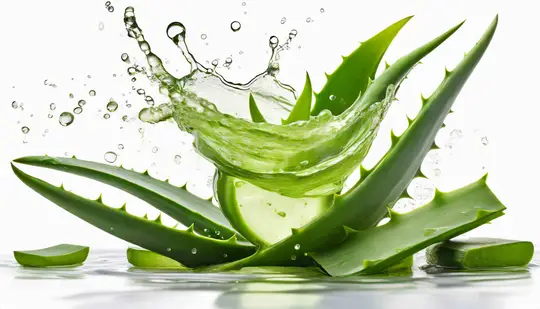
Aloe vera Juice contains a compound called acemannan that has been shown to stimulate the production of collagen and promote skin health. You can consume aloe vera in the squash form or just mix it with water and drink it.
How much collagen should you consume per day?
A daily dose of 2.5 to 15 grams of collagen is perceived to be safe and efficient. Although, the effective dose depends on the form of supplement you are taking.
How to supplement collagen intake with supplements?
Apart from collagen-rich foods, collagen supplements are also gaining some popularity. And there are several options available, such as collagen peptides, capsules, drinks, and collagen-enhancing supplements.
When choosing a collagen supplement, it's important to choose high-quality products from reputable companies and consult with a healthcare professional to determine if collagen supplements are appropriate for your individual needs and health status.
Let’s check out some oral collagen supplements that may be of your interest:
- Collagen Peptides: These are hydrolyzed collagen proteins that are broken down into smaller, more easily absorbed peptides. Collagen peptides are available in powder form and can be mixed into drinks or smoothies.
If you wish to reverse your aging process, promote hair regrowth, and strengthen your bone, this is your chance to buy the Collagen peptide by clicking on the link given below:
Collagen Peptides - You can mix this powder in a juice, smoothie, or even breakfast to have its effective work visible.
- Collagen Capsules: Collagen supplements are also available in capsule form, which is convenient for those who prefer king pills rather than mixing powders.
You can get the best collagen booster supplement recommended by our experts, just by clicking on the link below and placing the order:
- Collagen Drinks: Some companies produce collagen drinks, which can be consumed as a quick and easy way to supplement collagen intake.
Collagen drinks are easily digested and well-absorbed in the body, which is why our expert recommends the below drink to include in your daily routine.
Conclusion and takeaway
To sum up, collagen is an important protein that is essential for maintaining healthy skin, bones, and connective tissues. While our bodies naturally produce collagen, we can also obtain it from certain foods. Some of the best sources of collagen-rich foods include bone broth, fish and seafood, leafy greens, broccoli, and aloe vera juice. It's worth noting that plant-based sources of collagen are less effective than animal-based sources because they contain incomplete proteins that lack certain amino acids needed for collagen production.
In conclusion, consuming collagen-rich foods as part of a balanced diet and considering supplementation may help support collagen production and overall health.

Health articles from our experts

Guide To Eating for Anti-Aging Benefits and Youthful Skin

Guide To Eating for Acne-Free Skin
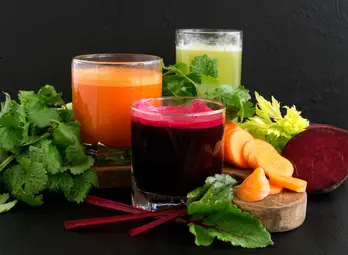
Revitalize your Dull Skin with Amla and ABC Juice

A Comprehensive Guide On How To Reduce Pigmentation

A Comprehensive Guide To Prevent Acne

Skincare Tips for Different Seasons - Adapting Your Routine to Weather Changes

CoQ10 for Skin: Benefits & Ways to Use It

5 Best Benefits Of Ashwagandha For Skin

10 Foods Rich In Glutathione
